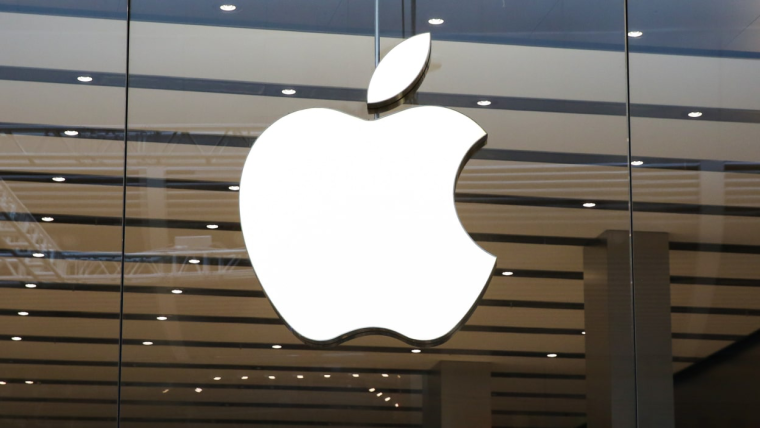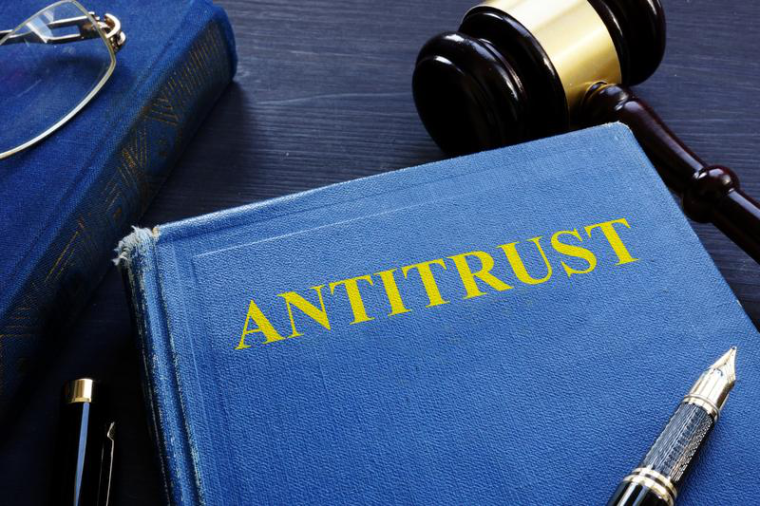
Technology giant Apple has been hit with a $1 billion class-action lawsuit by over 1,500 application developers in the UK. The lawsuit stems from their discontent with Apple’s exorbitant commission fees on the App Store.
According to the UK app developers, Apple’s fee structure violates the European Union’s (EU) antitrust policy which aims to combat deceptive marketing schemes to take away competition.
Antitrust Breach: 15% to 30% Fee Allegedly Discourages Competition
According to an exclusive Reuter report, a group of 1,566 application developers based in the UK has slammed Apple with an antitrust lawsuit over unlawful and anti-competitive App Store charges.
This legal action is part of a class action complaint, which includes a sought action of $1 billion payment from Apple in damages.
At press time, the litigation has been submitted to the Competition Appeal Tribunal, with case development expected to gather momentum in the coming days.
The major triggering force behind the legal action is Apple’s controversial commission fees, which range from 15% to 30% on in-app purchases.
The app creators strongly criticize these fees, considering them exorbitant and claiming they hinder fair competition within the App Store market.
Furthermore, their legal argument is firmly rooted in the European Union (EU) antitrust legislation, which they allege Apple has violated for years.
In addition to the excessive fees, the technology giant has implemented guidelines that restrict developers from informing customers about alternative payment options.
According to the EU antitrust law, competition encourages companies, creatives, and app developers to offer products and services on terms that align with consumers’ standards and needs.
This principle is reinforced by antitrust Articles 101 and 102 from the Treaty on the Functioning of the European Union (TFEU), which clarified using deceptive schemes to eliminate competition.
Article 101 prohibits anti-competitive agreements between two or more independent companies or market operators.
Article 102 regulates the use of abusive behavior or marketing strategies by companies holding a dominant position in any given market.
In the case of Apple, there are allegations that it employed abusive behavior and deceptive marketing strategies to gain dominance in certain markets.
Reuter’s exclusive report detailed that Apple’s service business, including its versatile App Store, has generated exponential revenues in the last few years. This hovered around a staggering $20 billion quarterly.
To maintain its profitability, Apple reportedly imposed excessive commissions on in-app payments and restricted application developers from switching to alternative payment methods which are more affordable.
Sean Ennis, a professor at the Centre for Competition Policy at the University of East Anglia, brought the class-action and antitrust lawsuit to the Competition Appeal Tribunal.
Ennis was a former economist at the Organization for Economic Corporation and Development (OECD).
With in-depth knowledge of legal policies that regulate economy and competition, the professor represents over 1,566 app developers and is advised by Geradin Partners law firm on the next steps.
In his statements to Reuters, Ennis emphasized his belief that Apple’s charges were excessive and only possible because of its monopoly ecosystem of all smart products, including iPhone, Mac, and iPad.
He reiterated that the ecosystem is no base for Apple to charge that percentage, as it is unfair to developers’ rights and constitutes abusive pricing which harms developers and buyers.
What Impact Could This Have on Apple Store Business?
Over the years, Apple has been slammed with antitrust violations suits over its App Store fees.
As reported by CNBC, the US Department of Justice has also filed a lawsuit against the company, accusing it of exploiting its position in the smartphone market to violate antitrust policies.
As expected, Apple has refuted all allegations. The tech company claimed that its App Store fees are reasonable and contribute to a high-quality and seamless user experience for customers.
The firm further stated that its position in the smartphone market results from continuous innovation while emphasizing its commitment to comply with all relevant market regulations.
The outcome of the ongoing UK lawsuit holds significant implications for Apple’s App Store business. It could lead to reduced commission fees or enable developers to implement alternative payment methods.
Should the developers’ lawsuit prove successful, it might pave the way for similar legal actions against Apple in other regions or countries where dissatisfaction with App Store policies exists.
Related News
- How to Buy Apple Stock in 2023
- FTC Set to Battle Microsoft on Activision Blizzard Deal – How Would it Actually Affect Competition in Gaming?
- Meta’s Ad Service Punished for Antitrust Abuse in France
What's the Best Crypto to Buy Now?
- B2C Listed the Top Rated Cryptocurrencies for 2023
- Get Early Access to Presales & Private Sales
- KYC Verified & Audited, Public Teams
- Most Voted for Tokens on CoinSniper
- Upcoming Listings on Exchanges, NFT Drops

